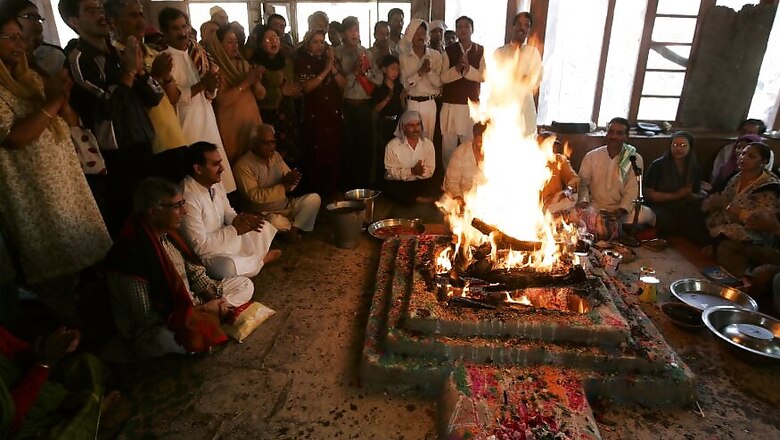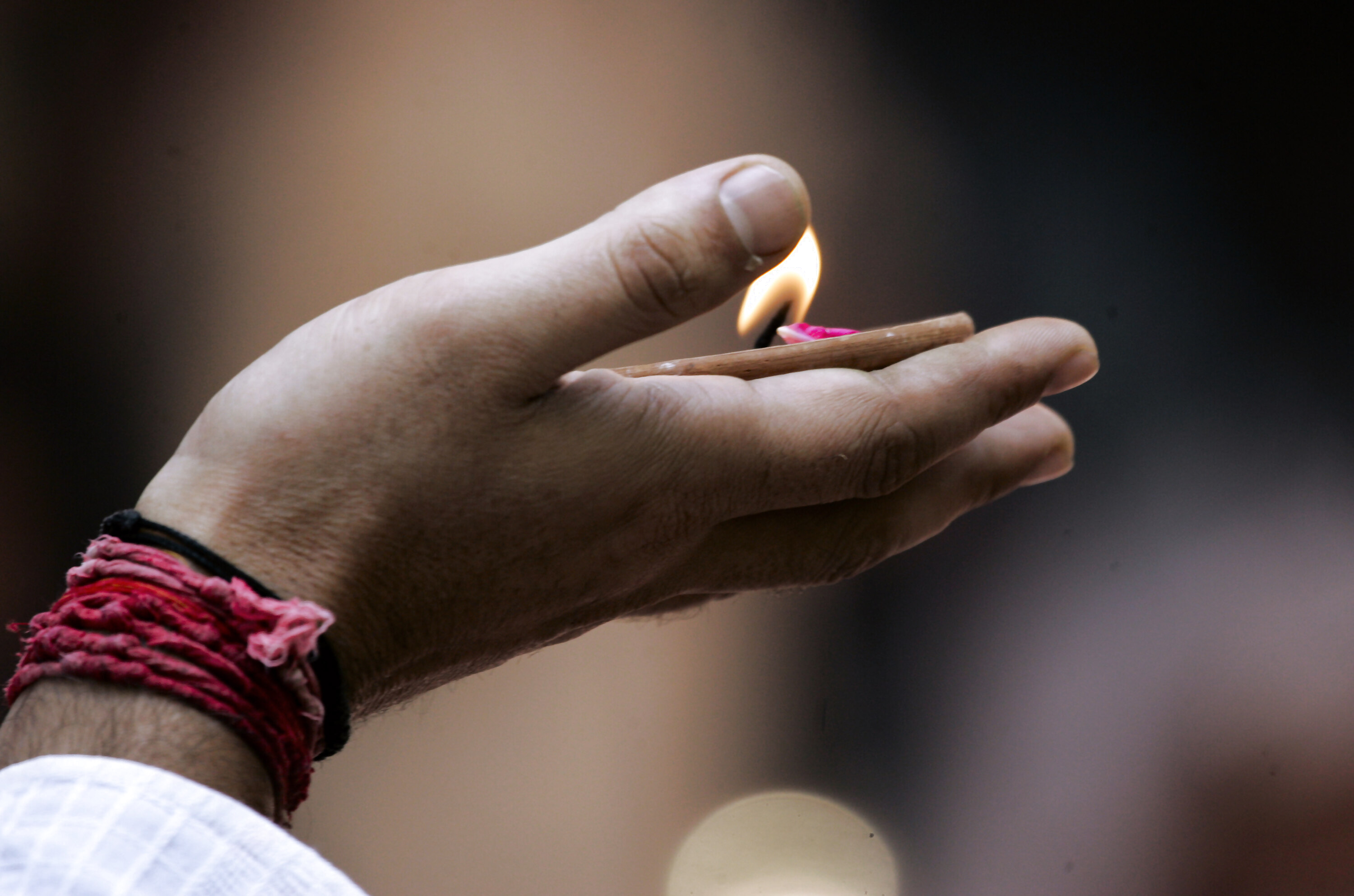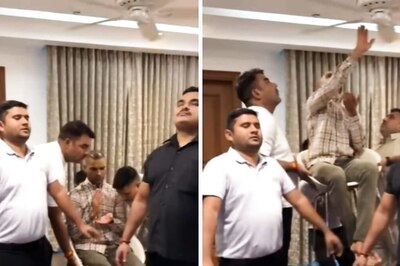
views
 On 23 October 1992, Imre Kertész, a Hungarian writer of Jewish descent, delivered an address at the University of Vienna on what it meant for a generation to bear the burden of the Holocaust. The lecture titled The Holocaust As Culture has become a seminal text on Holocaust suffered by the European Jews. Towards the end of the lecture, Kertész asks an important ethical question. Can the Holocaust give rise to values? For Kertész, deportation from his home in Budapest and serving time in a Nazi extermination camp in Germany at the age of 14 led him to a deeper understanding of his own condition, intellectual as well as spiritual. The crisis led to the awakening of knowledge within him about the human spirit and freedom in times of horror.
On 23 October 1992, Imre Kertész, a Hungarian writer of Jewish descent, delivered an address at the University of Vienna on what it meant for a generation to bear the burden of the Holocaust. The lecture titled The Holocaust As Culture has become a seminal text on Holocaust suffered by the European Jews. Towards the end of the lecture, Kertész asks an important ethical question. Can the Holocaust give rise to values? For Kertész, deportation from his home in Budapest and serving time in a Nazi extermination camp in Germany at the age of 14 led him to a deeper understanding of his own condition, intellectual as well as spiritual. The crisis led to the awakening of knowledge within him about the human spirit and freedom in times of horror.
Around the same time, in 1992, when Kertész was delivering lectures and writing about the role of the Holocaust in moulding his identity as a writer, about half a million displaced Hindus of Kashmir were battling alienation and deprivation in horrid migrant camps in and around Jammu. Two years had passed since their ouster from Kashmir, their homeland for centuries. They had not abandoned hope despite being forced to live impoverished lives in camps that lacked almost all necessary amenities. From 1990 to 2000, thousands perished because of lack of proper ration, water, medical care and sanitation. All deaths were unnatural and untimely. I remember going through Holocaust-like conditions myself. Hitherto unknown diseases struck down the young and the old.
Quoting Jean Améry, the Austrian writer who survived internments in Auschwitz and Buchenwald, and later took his own life, Kertész likens the survivor to an accident, requiring justification, although the survivor is, in fact, unjustifiable. Survival seems unimaginable, but it’s the camps that should seem unimaginable, he says.
On 19 January 2017, the 27th anniversary of our exodus, the youngsters of the community loudly proclaimed: ‘We Survived. We Still Exist.’ We made ourselves known to fellow Indians as the surviving refugees in our own country. Such commemorative acts are indispensable part of the awareness that we must constantly create about our history.

In this May 31, 2009 photo, a Kashmiri Pandit holds a lighted diya during an annual festival at a shrine in Khirbhawani, 30 km east of Srinagar. (REUTERS/Danish Ismail)
The term, ‘We Survived’, is deeply problematic because in context of what we were made to go through for more than a quarter of a century, we are yet to fully examine our condition from a cultural and civilisational perspective. The losses we were made to incur are unimaginable. Among all losses, loss of home is a minor thing. Yet, there have been gains. Our immeasurable sufferings during the past 25 years have led to immeasurable knowledge about human morality and existence. And, like Kertész says, if we preserve this wealth, it will enrich the consciousness of future generations of Hindus who will have nothing but an inherited memory to rely upon for an understanding of their history.
Writers like Jean Améry, Imre Kertész and Tadeusz Borowski help us understand our own condition, including the possibility of return. Of reconciling our past (from the days of glory to the days of persecution and banishment) and preserving our memory to craft our present.
On 19 January 2017, the government of Jammu and Kashmir adopted a resolution calling for the return and rehabilitation of Hindus who left in 1990. Within hours, the Muslim separatists warned the government against having separate colonies for the Hindus who choose to return. The Hindus can return though, the separatists said.
Those who longed to return are long dead. An entire generation of Hindus was wiped out in camps. What’s left is residue. This residue will cast a long shadow over the history of Kashmir.
How does the state government or the government of India plan to bring back the dead to their homeland and resettle them?
Siddhartha Gigoo is an author and anthologist. The views expressed are personal
(More Sunday Features)




















Comments
0 comment